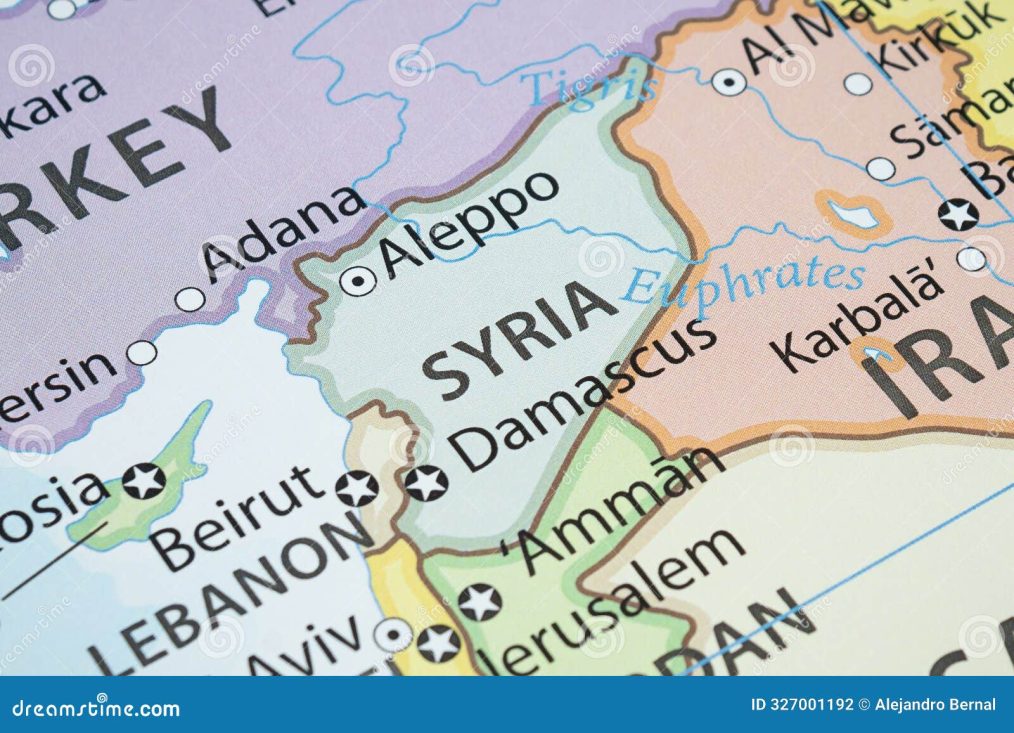
From Terrorist to Leader
For those confused about the new Syrian leader, here’s a quick rundown of Mohammad al-Jolani, the head of Hayat Tahrir al-Sham (HTS), who is trying to rebrand himself from a notorious terrorist to a moderate leader
Mohammad al-Jolani’s transformation from a feared terrorist leader to a figure attempting to position himself as a moderate is nothing short of remarkable—and controversial. Al-Jolani first rose to prominence through his associations with Al-Qaeda and ISIS, earning himself a $10 million FBI bounty in 2017.
Key milestones in his radical journey include:
- Early Life: Born in Riyadh, Saudi Arabia, in 1982 to Syrian exiles, al-Jolani’s radicalization began during the Second Intifada in the early 2000s.
- Militant Roots: At 21, he joined Al-Qaeda in Iraq, where he quickly ascended the ranks.
- Formation of Jabhat al-Nusra: In 2011, he founded this group, pledging allegiance to Al-Qaeda in 2013. By that year, he had already been designated a global terrorist by the U.S. State Department.
Breaking Ties
Al-Jolani’s efforts to shed his terrorist image began in 2016 when he severed ties with Al-Qaeda. This move set the stage for a rebranding effort aimed at gaining broader legitimacy.
- New Names: His group first became Jabhat Fath al-Sham before evolving into Hayat Tahrir al-Sham (HTS).
- Targeting ISIS: HTS has fought against ISIS, most notably in operations such as the 2023 killing of ISIS leader Abu Hussein Al-Husseini al-Qurashi.
Ruling Idlib
Today, al-Jolani’s HTS governs the northwestern Syrian province of Idlib, a region home to more than 3 million people. This governance is conducted under the umbrella of the Syrian Salvation Government (SSG).
- Civil Services: The SSG provides essential services such as education, healthcare, and a judiciary.
- Sharia Law: While supporting Sharia law, al-Jolani has expressed ambitions to implement it nationwide.
- Human Rights Concerns: Despite accusations of human rights violations, al-Jolani denies the claims, even inviting inspections of HTS-run prisons.
Rebranding for Western Audiences
Al-Jolani is actively attempting to reshape his image to appeal to Western powers. In his most publicized moves:
- He denies being a terrorist or posing a threat to the West.
- He sought dialogue with the Trump administration to form potential partnerships.
- In a CNN interview, he portrayed his past radical affiliations as a youthful mistake.
Final Thoughts
Al-Jolani’s transformation raises significant questions about the boundaries between pragmatic rebranding and deeper ideological shifts. While his attempts to present himself as a moderate leader may resonate with some, his past—and the continued implementation of Sharia law—remains a point of contention for many observers.



